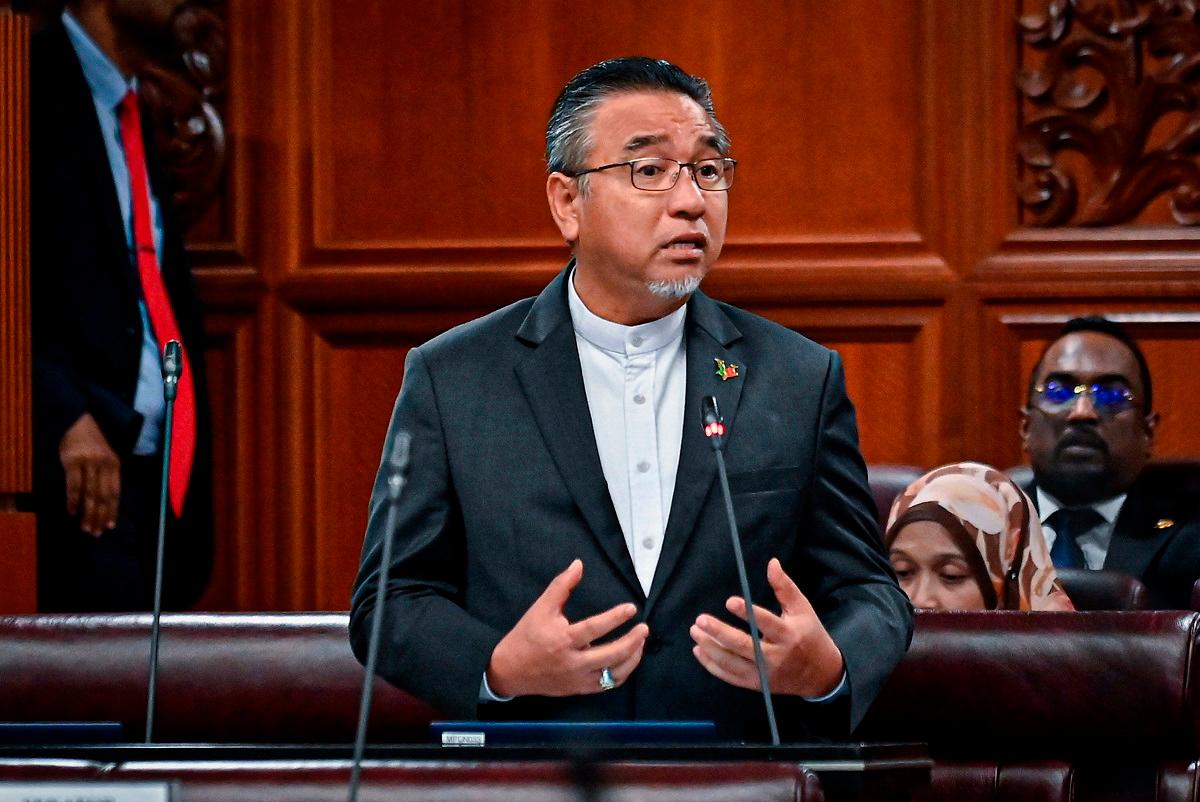KUALA LUMPUR: Malaysia stands prepared to participate in peacekeeping operations in Palestine while simultaneously enhancing its position as a key international training hub for such missions.
Deputy Defence Minister Adly Zahari confirmed the nation’s readiness to contribute both personnel and expertise to global peacekeeping efforts during a parliamentary session.
He emphasised that Malaysia’s capabilities extend well beyond military contributions to include humanitarian operations, diplomatic negotiations and United Nations recognised peacekeeping training.
The country’s ability to maintain post conflict stability represents a particular strength acknowledged by the international community according to the deputy minister.
Malaysia currently serves as the United Nations regional training centre for peacekeeping operations in its geographical area.
This designation not only demonstrates Malaysia’s capacity to produce highly skilled personnel but also establishes it as a regional reference point for peacekeeping training.
Adly Zahari highlighted that sustaining peace after conflict resolution represents the most crucial aspect of peacekeeping operations.
He stressed that Malaysia must shape and reinforce its strategic approach to ensure long term stability in conflict affected regions.
The deputy minister responded to questions from Senator Hussin Ismail regarding government efforts to deploy United Nations peacekeepers to Palestine.
He explained that the Malaysian Peacekeeping Centre trains both local personnel and international participants from ASEAN and beyond.
This training aligns with Malaysia’s broader role in promoting regional peace and security through cooperative initiatives.
Adly Zahari described Malaysia’s potential role as that of a diplomatic mousedeer operating among global superpowers.
He pointed to the nation’s negotiation strength and defence diplomacy as key assets in international peace efforts.
The deputy minister suggested Malaysia could lead global initiatives on humanitarian assistance and protection of aid workers.
He noted that Malaysia’s peacekeeping participation requires broader international support beyond ASEAN consensus.
Over seventy countries participate in the Peacekeeping Capability Readiness System which influences deployment decisions.
ASEAN provides an important diplomatic platform but Malaysia must operate within international frameworks for effective peacekeeper deployment.
The nation has already contributed health and reconstruction aid to Palestine through bilateral cooperation with Japan.
Malaysia stands ready to assume greater responsibility in advancing global peacekeeping missions including in Gaza.
This readiness depends on receiving a formal mandate from the United Nations Security Council for such operations.
With prepared assets, trained human resources and international recognition of its training centre, Malaysia occupies a strategic position to enhance its global peacekeeping role according to the deputy minister. – Bernama









